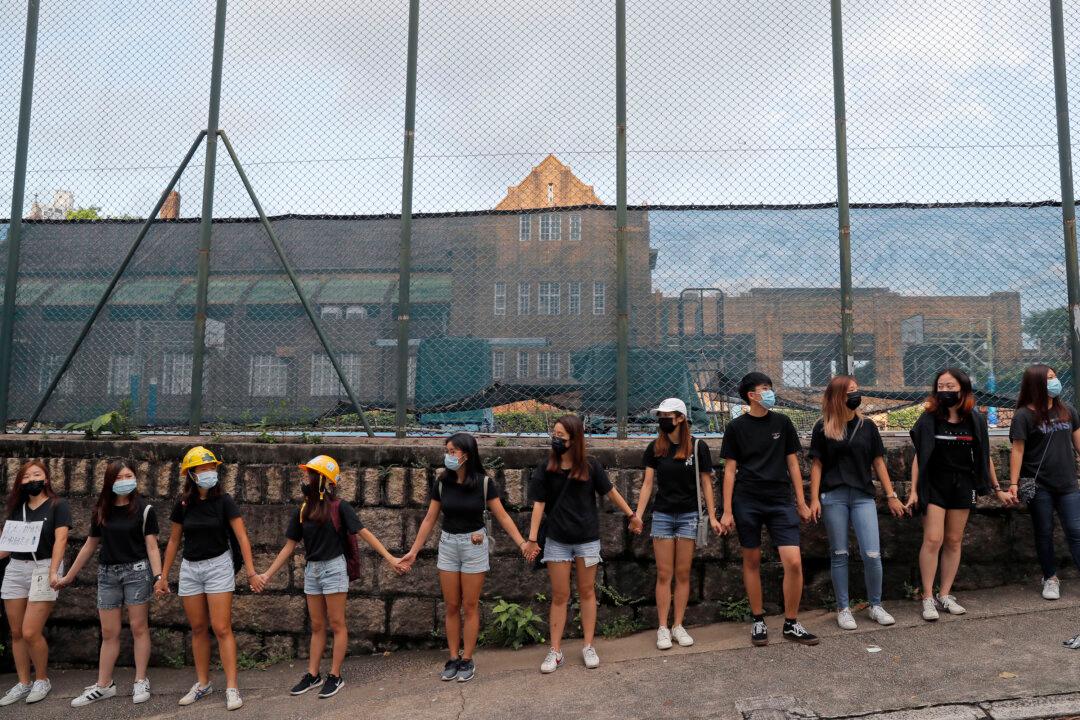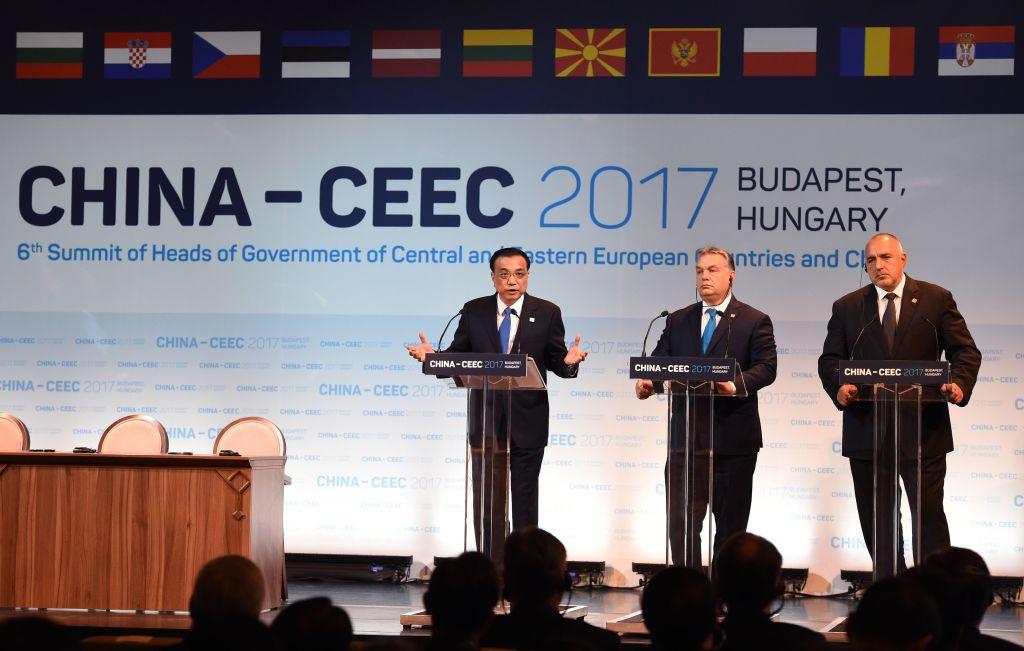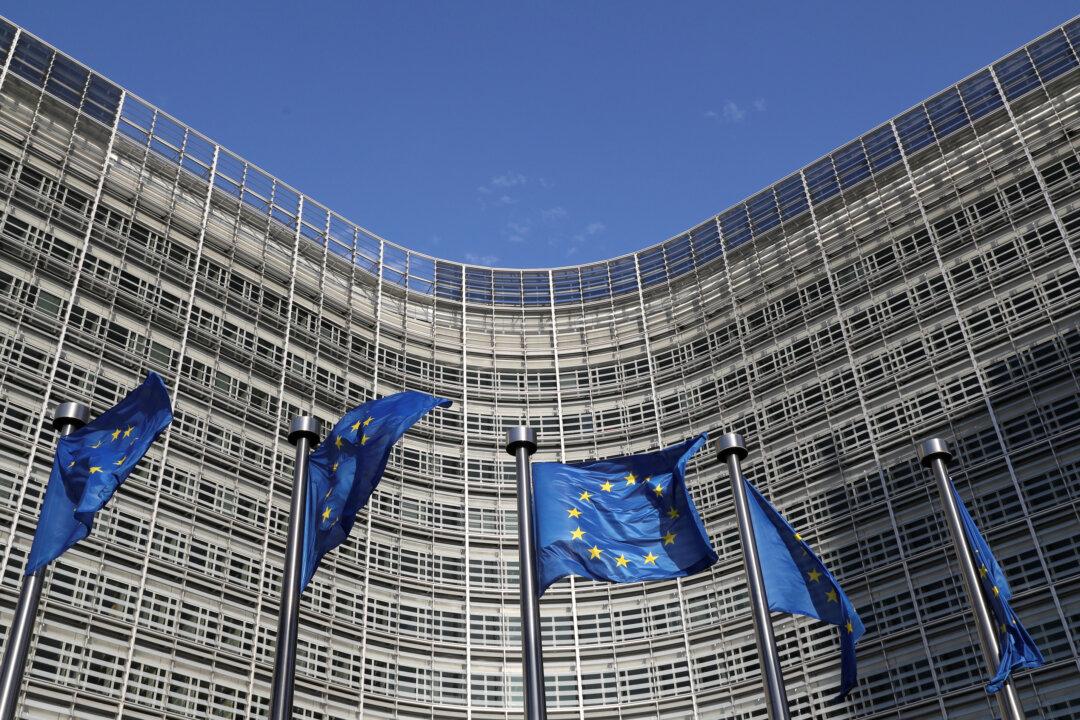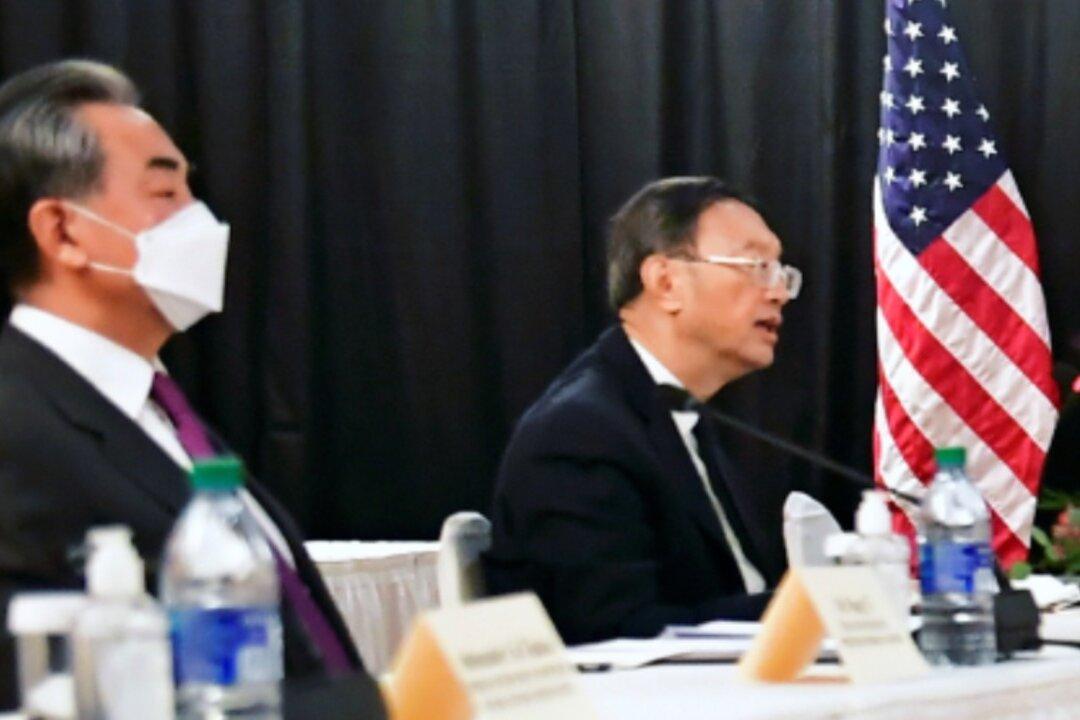Commentary
The day before Hong Kong’s chief executive Carrie Lam formally announced the withdrawal of the extradition bill, Chinese leader Xi Jinping gave a speech to the Chinese Communist Party’s (CCP) cadres, in which he referred to the current situation in Hong Kong, Macao and Taiwan as “serious struggles.” His speech may help us understand Beijing’s philosophy in handling the anti-government protests in Hong Kong.





